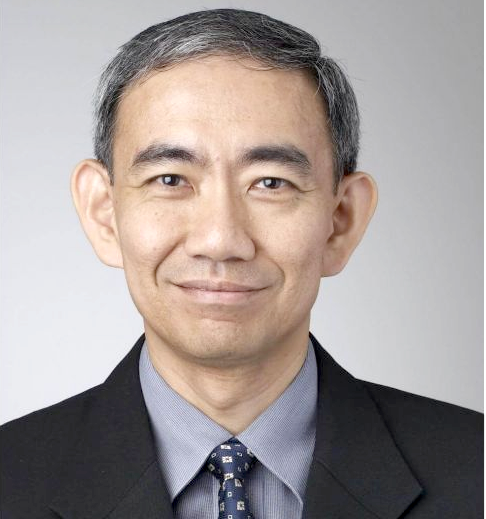 Politics & Law
Politics & Law

In a recent interview with a Vietnam News Agency correspondent in Singapore, Choi Shing Kwok, director of the ISEAS-Yusof Ishak Institute and head of ASEAN Studies Centre at the institute, shared his views of the 37th ASEAN Summit and Việt Nam’s role as ASEAN chair in 2020

|
| Choi Shing Kwok, director of the ISEAS-Yusof Ishak Institute and head of ASEAN Studies Centre at ISEAS-Yusof Ishak Institute, Singapore. |
In a recent interview with a Vietnam News Agency correspondent in Singapore, Choi Shing Kwok, director of the ISEAS-Yusof Ishak Institute and head of ASEAN Studies Centre at the institute, shared his views of the 37th ASEAN Summit and Việt Nam’s role as ASEAN chair in 2020
Could you tell us what the 37th ASEAN Summit means for the region in the current context?
I think like it or not, the 37th ASEAN Summit is going to be overshadowed by the COVID-19 pandemic. Southeast Asia, which accounts for only 2 per cent of global COVID-19 cases and 1 per cent of fatalities, has fared comparably well in managing the pandemic overall.
However, the pandemic has still severely impacted lives and livelihoods in the region, particularly for the most vulnerable segments of our populations.
Apart from the direct health and socio-economic damage caused by COVID-19, increased external geopolitical competition has also affected the region while some ASEAN member states like Thailand, Malaysia and Myanmar have also experienced domestic political uncertainties alongside the pandemic.
At the same time, we have seen some silver linings emerge in Southeast Asia. Global supply chains are increasingly pivoting to the region in an acceleration of the diversification and relocation trends that were already emerging prior to the pandemic.
The region’s emerging economies, such as Malaysia, Thailand and Việt Nam, are poised to reap these benefits. COVID-19 has also accelerated Southeast Asia’s digitalisation push, with companies making the shift to doing business online and governments allocating budgets to aid businesses in their transformation efforts.
Amidst the conflicting conditions, I think the 37th ASEAN Summit will lead the region dealing with this challenging condition and also help chart a path for countries and for the region to move through it.
How do you evaluate Việt Nam’s role as ASEAN chair in 2020? How do you assess Việt Nam’s contributions to promoting regional co-operation in response to the COVID-19 pandemic and economic recovery?
2020 has been an exceptionally difficult year. Việt Nam has performed remarkably well as Chair of ASEAN in the face of all the obstacles and hurdles.
As the Chair of ASEAN this year, Việt Nam ensured that equal attention was given to discussions on the immediate pandemic response and the longer-term post-pandemic recovery plans. Besides a COVID-19 ASEAN Response Fund which was one of the earliest mechanisms that was developed to face the immediate health challenges, the grouping has also formulated an ASEAN Comprehensive Recovery Framework to guide the region into post-pandemic recovery action.
As the Chair, Việt Nam also did not lose sight of the other important ongoing issues such as climate change, economic co-operation, sustainable growth, digitalisation and the South China Sea.
As the pandemic spread and countries had to close their borders in March, Việt Nam took the initiative to pivot to a virtual model of conducting meetings at various levels – SOM, Ministerial and Summit to keep up the momentum.
The format of the meetings became more effective as officials grew more accustomed to the online mode of engagement, which overcame the obstacles and saved time but also resulted in new dynamics.
Overall, however, the positives from the experience could spark a rethink of how the ASEAN calendar, which has been struggling to manage hundreds of physical meetings, can move to a more efficient hybrid model in future without sacrificing effectiveness.
What do you expect about the possibility of signing the Regional Comprehensive Economic Partnership (RCEP) at the 37th ASEAN Summit?
The RCEP negotiations have been proceeding smoothly. We understand that the possibility of signing the RCEP at the 37th ASEAN Summit is high. The signing will be a much-needed boost of morale to many in this region as we continue to battle the economic downturn brought on by the pandemic and also show that the region is determined to build back better in the face of ongoing challenges to multilateral trade. — VNS




